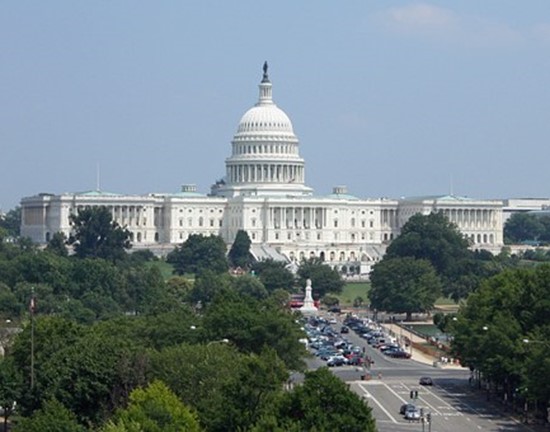
A] Prelude
In March of this year, Blackrock CEO Larry Fink made headlines with a shareholder letter warning about our broken retirement system, noting that “nearly half of Americans aged 55 to 65 reported not having a single dollar saved in personal retirement accounts. Nothing in a pension. Zero in an IRA or 401(k).” *
* For general and detailed information about U.S. pensions, feel free to visit our dedicated webpage:
https://expatpensionholland.nl/usa-expat-pensions
The American workers know the retirement system is broken and they don’t like it. In a recent national survey, 79% of those who responded said that America is facing a retirement crisis, and 87% said people in Washington don’t know how hard it is for a person to save for retirement.
Pessimism is indeed warranted. About 80 million working Americans are left out. That’s because 172 million workers pay Social Security tax but only about 92 million have a retirement account at work. They have no feasible way to credibly supplement their Social Security.
According to the OECD, the U.S. ranks first in senior poverty rates, at 23%; Western Europe is in the low teens and the Dutch elder poverty rate is about 3%. Twenty-six million Americans have not maintained their living standards in retirement and 20% of American households aged 55-64 have less than $100,000 in total wealth, in retirement accounts, home equity, savings accounts, pennies in the couch, according to analysis of 2022 Federal Reserve Board data.
Being a middle-class worker is no protection from being a poor elder. About 40% of middle-income workers are at risk of downward mobility into poverty or near-poverty in retirement. Working longer is not a solution: most people are “retired” involuntarily, i.e. they didn’t choose to be, or they had to retire before they wanted to.
The American pension system ranks 22 out of 47 countries, getting a barely passable C+ on the prestigious Melbourne Mercer Global Pension Index. The U.S. system ranks below Kazakhstan, mainly because of lack of coverage of retirement benefits and many workers withdraw money from retirement before they retire.
For 40 years, Congress cut Social Security by raising the retirement age and companies abandoned pensions as unions weakened after the PATCO strike of 1981. Congress piled on tax breaks hoping to make the voluntary and top-heavy 401(k) popular. The tax breaks mushroomed, but coverage didn’t budge much beyond half the workforce.
The tax exclusions for corporate and individual retirement plans cost over $400 billion a year; with the top 40% of earners getting 84% of the benefits and the top 20% receiving over 40 times more in retirement tax benefits than the bottom 20%.
B] Bold Proposal: The RSAA
After 40 years, the American pension system has failed — it leaves behind most American workers. Fortunately, there is a bold proposal, the Retirement Savings for Americans Act, which would provide every qualified worker who doesn’t have access to an employer-sponsored retirement account, with a retirement savings vehicle modeled after the successful federal Thrift Savings Plan (TSP).
One of the most effective features of the RSAA is that the federal government would provide a matching contribution of up to 5% for low and moderate-income workers.
Research shows when low-income workers got a generous match in the federal Thrift Savings Plan (TSP), they saved even more for their retirement. A federal match incentivizes people to report all their earnings and stay in the formal economy.
Throughout U.S history, when low- and moderate-income workers unionize, they bargain to divert some of their pay to retirement accounts. No teacher’s aide, home health care worker, mine worker, auto worker, janitor, or barista wants only Social Security.
The RSAA is the missing piece in America’s retirement puzzle, as it will bring everyone without a plan into the wealth building system.
The wondrous fact about the RSAA is that it is aligned with political reality in a way few proposals are. A left-leaning economics professor and Kevin Hassett, Trump’s top economic advisor, wrote the white paper backing the idea of the RSAA.
Democrats and Republicans in Congress support the bill, and it has been endorsed by the AARP, Society for Human Resource Management (SHRM), DoorDash, Uber and the International Franchise Association, amongst many other leading organizations, businesses and industry groups.
Additionally, because it is modeled after the TSP, the blueprint for the program already exists. Passing the bipartisan Retirement Savings for Americans Act can help solve America’s retirement crisis and the crisis in confidence regarding whether the government cares.
